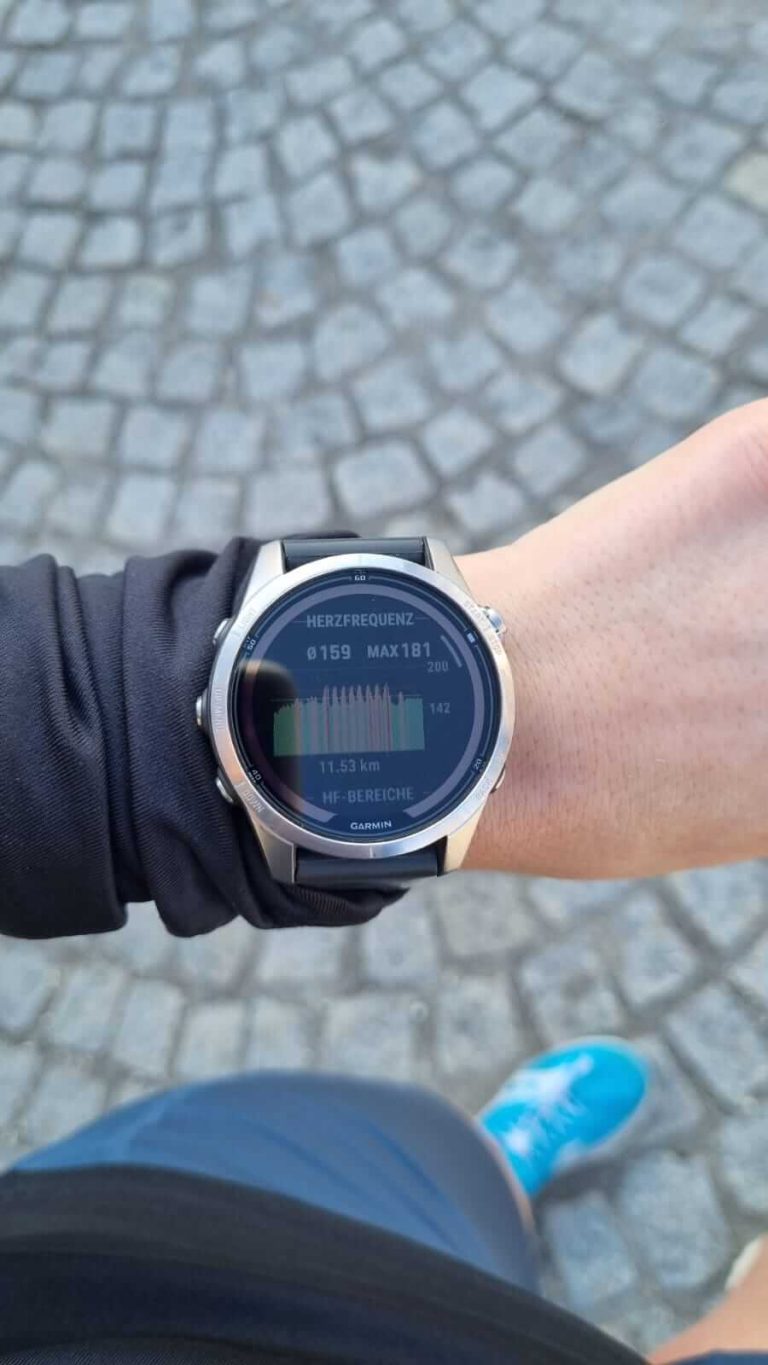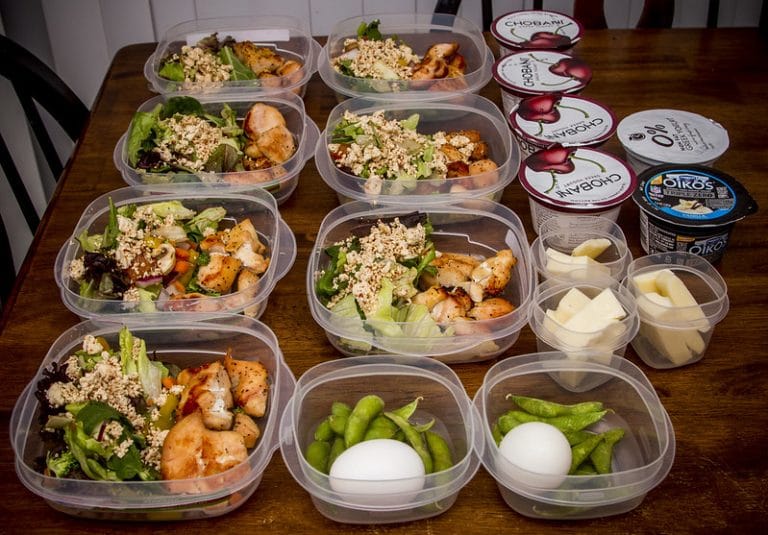12 Tips for Balancing Triathlon Training with Work and Life
Life isn’t always easy.
And triathlon training? It’s no walk in the park either.
Sometimes it demands everything you have.
But come race day, when you cross that much-anticipated finish line, all the sacrifice, the tears, the sweat, the missed social events — all of it — will be worth it.
However, this blog post is not about sacrifice. It’s about ✨balance✨.
More specifically, how to find the right balance between work, life, and triathlon training so you can keep showing up without burning out.
Let’s break it down.
Why Balance Matters (Even More Than Motivation)
Being an age-group triathlete means you’re already doing something extraordinary — fitting a three-sport hobby into a full, sometimes busy life.
And while it might feel like the answer is “just do more,” the real key to longevity in this sport isn’t intensity — it’s sustainability.
Burnout, frustration, and guilt are real.
But so are joy, progress, and finish line moments.
Balance helps you stick around long enough to enjoy the second group more than the first.
Whether you’re training for a sprint triathlon, Ironman 70.3, or even dreaming of the world championships, your success depends on balance, not just mileage.
Get expert coaching, tailored to your schedule, so you can train smarter, race stronger, and still have time for life.
Tips to Balance Work and Triathlon Successfully
Balancing family, work, and triathlon training requires more than a good calendar and some willpower.
It’s about smart time management, setting boundaries, and knowing when to train hard — and when to rest.
Instead of trying to cram triathlon into the cracks of your schedule, you’ll learn how to create a rhythm where training, family, and work actually support one another.
Below are twelve practical tips that help busy triathletes stay consistent, avoid burnout, and still enjoy the process along the way.
1. Shift Your Focus to Quality, Not Quantity
You don’t need 15+ hours of training a week to race well. Even professional triathletes know the value of smart structure.
In fact, short, focused training sessions are often more effective for amateur triathletes than longer, unfocused ones.
- Replace junk miles with threshold efforts.
- Trade a 2-hour bike ride for a 60-minute session with intervals.
- One solid brick session might beat three average ones.
When training time is tight, intensity is your friend — and so is rest.
Pro tip: Think “train smarter, not longer.”

2. Schedule Training Like Any Other Appointment
Don’t leave your workouts to chance. Add them to your training schedule, like meetings.
- Block training days based on your energy — not just availability. Morning routine strong? Run early. Night owl? Spin after dinner.
- Include transition time (getting changed, showering, eating).
- Try “micro sessions” on busy days — even 20 minutes of movement counts.
Bonus: Plan your rest day the same way. If you don’t schedule it, it won’t happen.
And if a session gets bumped?
Don’t panic.
Reschedule, don’t cancel.
3. Meal Prep = More Time and Better Fuel

Training takes energy.
Life takes energy.
And you’re human — not a vending machine.
One of the best ways to support your training and your life is to meal prep once, eat well all week.
- Cook big batches of complex carbs (rice, potatoes, oats) and proteins (eggs, tofu, chicken).
- Chop veggies in advance so they’re ready to roast or toss into a stir-fry.
- Keep recovery snacks (fruit, yogurt, bars) within reach.
This not only saves time but prevents the all-too-familiar “I’m too tired to cook, I’ll just skip dinner” scenario.
This post about triathlon training nutrition will teach you all the vital knowledge you need to support your training.
4. Use a Flexible Training Plan — Not a Rigid One
Plans are helpful.
Perfectionism isn’t.
Life will get in the way — your kid gets sick, a work trip pops up, your legs feel like lead.
- Shift workouts around the week if needed.
- Swap a long session for two shorter ones.
- Embrace flexibility — some training is better than no training.
If your plan doesn’t bend, it will break.
You don’t need more discipline.
You need more adaptability.
Get expert coaching, tailored to your schedule, so you can train smarter, race stronger, and still have time for life.
5. Commute-as-Training
You don’t always need extra hours in the day — sometimes, you just need to reframe the ones you already have.
Turning your commute into training is one of the simplest ways to reclaim time.
Cycle or run to the office, or even walk to pick up groceries — it all adds up.
Even once or twice a week can be enough.
Bring a change of clothes, plan your route, and suddenly that “lost” 45 minutes in the car becomes aerobic base work you’d otherwise struggle to squeeze in.
6. Be Present Outside of Training
Balance doesn’t just come from managing your training days.
It comes from protecting your family days and being fully present outside of work.
- Put your phone away at dinner.
- Take a walk with your partner or kids instead of squeezing in another ride.
- Say yes to the BBQ, even if it means missing a bike ride. Life is long — you’ll ride again.
Triathlon is part of your life — not your whole life.
(I’ve struggled with an injury recently, especially when you can’t train at all for a couple of weeks, it really puts things into perspective again…)
7. Create a Support System That Works
Talk to your people.
Tell them why this sport matters to you — and ask what matters to them.
- Share your race goals so your partner understands your early mornings.
- Offer swaps: “I’ll take the kids Saturday if I can ride Sunday.”
- Join a tri club or online group to stay motivated and accountable without isolating yourself. If the tri club offers triathlon training for kids, then train when you’re kids are training!
You’re not in this alone.
Working with a triathlon coach can also help you balance family and work commitments with your training more easily by taking off the load of having to plan your training yourself.
8. Batch and Block
Your brain (and your schedule) only has so much bandwidth.
Constant switching drains energy you could use in training.
The solution? Batch and block.
- Do one big grocery shop instead of three.
- Answer emails in focused blocks instead of all day.
- Prep breakfasts for the week in 20 minutes.
Every task you batch frees up available time for swim, bike, or run — and reduces stress across all aspects of your life.
9. Indulge Without Guilt

Training hard doesn’t mean living like a monk.
Eat the pizza.
Drink the wine.
Stay up late once in a while.
Life isn’t something to endure between workouts. It’s what makes those workouts worth it.
Even professional triathletes build in unstructured, easy days — and so should you.
10. Know Your “Why” (And Let It Evolve)
Why are you here?
- Do you want to achieve your triathlon dream?
- Is it about qualifying for world champs someday?
- Or simply showing your kids perseverance?
Your “why” may change with every big race or season of life.
That’s okay.
11. Train with Purpose, Not Just Habit
Every session should have a reason.
“Because it’s on the plan” isn’t enough.
Ask yourself: What’s the goal of this workout? What’s the benefit right now?
This simple check keeps you from wasting energy and prevents the “more is better” mindset that can lead to burnout.
Also in middle-distance or Ironman training, purposeful sessions matter more than mindless volume.
12. Embrace the Off-Season (Don’t Skip It)
You don’t need to be race-fit 365 days a year. In fact, you shouldn’t.
Use the off-season to:
- Focus on strength training and flexibility
- Build recovery into your morning routine
- Take a full rest day, active recovery, or even a recovery week
Whether you’re training for a 70.3, a sprint triathlon, or the world championships, the downtime is what makes the “up time” possible.
Key Considerations For Finding Balance
No two seasons of life will look the same.
What works during winter base training might not work in peak summer race prep.
Being successful long-term means knowing when to push and when to pull back — and being okay with that.
Balance is about rhythm, not rigidity.
You’re allowed to adjust based on what life throws at you — not just on what TrainingPeaks tells you.
Wrapping Up
You’re never going to get it perfect — and you don’t need to.
Balance is something you practice, not something you achieve and hold onto forever.
Some weeks will feel aligned.
Some will feel chaotic.
That’s okay.
If you keep showing up with flexibility, honesty, and heart, you’re doing it right.
If you want expert help finding the perfect balance between work, family time, and triathlon training, I’d be thrilled to support your journey.
👉 Jump on a free 1:1 call with me. Together, we’ll build a plan that helps you fit training into your life and still keep your family, career, and health thriving.
More about Starting with Triathlon
- How to Get Started with Triathlon (As a Complete Beginner)
- How to Choose a Triathlon: A Step-by-Step Guide
- How to Set Triathlon Goals and Crush Your Next Race
- Mistakes To Avoid While Training For Your First Triathlon
- 50 Triathlon Essentials ALL Beginner Triathletes Need
- How To Make Indoor Triathlon Training Fun (10 Tips)
- 16 Powerful Cycling Tips for Triathletes
- 25 Essential Race Day Tips for Triathletes
- Feeling Lost? This is What to Wear for a Sprint Triathlon!
- The Importance Of Mental Training For Athletes In 2024
- 15 Triathlon Transition Tips That Make You A Better Triathlete
- 4 Brick Workouts For Triathlon Success
- 21 Triathlon Race Week Nutrition Tips to Avoid Gut Issues!
